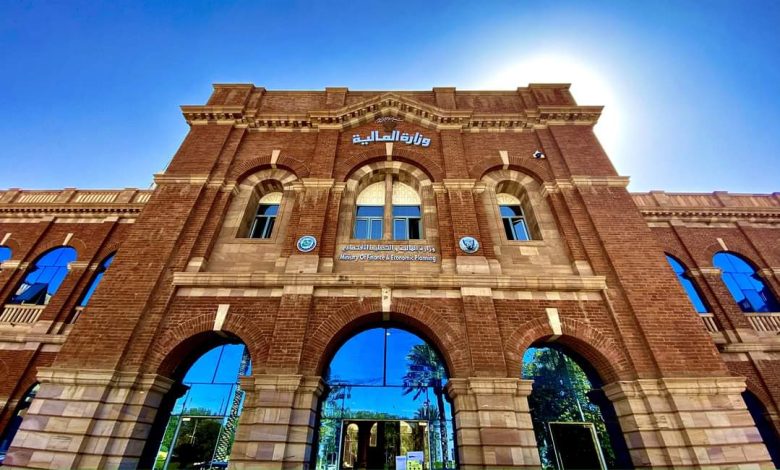Economic
Budget 2025: Between Reality and Aspirations

Report by: Rehab Abdullah
Economists have expressed differing opinions on the emergency budget guidelines for 2025, unveiled by the Undersecretary of the Ministry of Finance, Abdullah Ibrahim. He indicated that the budget would focus primarily on mobilizing domestic resources to address priorities. Key objectives include increasing public revenue through improved tax collection efforts, combating tax evasion, enhancing efficiency through technological systems, and revising trade policies at border crossings under strict regulations. The budget also aims to facilitate foreign trade, especially exports, enforce stringent laws to curb the smuggling of strategic goods, and strengthen authorities’ ability to maintain security and combat smuggling. Additionally, it will continue reviewing customs exemptions, limiting them to mandatory legal exemptions.
The goals also include stabilizing the exchange rate, reducing inflation, enhancing financial oversight, and ensuring the Ministry of Finance’s control over public funds. Focus will be placed on improving citizens’ living standards, fostering international relations, and prioritizing government expenditure, including minimizing reliance on bank borrowing, while ensuring the timely payment of federal employees’ salaries, pensions, and social protection programs. Special attention will be given to addressing the needs of displaced persons, refugees, and improving health, education, transportation, and technical infrastructure.
Self-Reliant Budget
Economist Dr. Mohamed Al-Nayyer praised the budget’s emphasis on mobilizing domestic resources, acknowledging the absence of external support in recent budgets. He noted that expanding the tax base and reducing evasion are critical measures for increasing revenue, highlighting the importance of adopting technological systems in financial management to positively impact exchange rates and banking capacities.
Al-Nayyer emphasized the need for revising trade policies to regulate exports and imports, incentivize production, and boost export rates. He also stressed the importance of retaining gold within the Central Bank as a buffer for currency stability, except when urgently required for essential imports. Reducing customs exemptions and regulating imports to prioritize essential goods were also proposed to alleviate foreign currency pressure.
Control Over Public Funds
Al-Nayyer underscored the importance of the Ministry of Finance’s authority over public funds and integrating revenues into the treasury. He also supported the commitment to timely salary payments, especially in sectors like higher education and healthcare, while highlighting the importance of addressing the needs of displaced persons and prioritizing education alongside health reforms.
Lack of Innovation in Guidelines
Conversely, former Director of the Tax Authority Ahmed Adam Salem criticized the budget guidelines as repetitive and lacking originality. He noted the absence of any references to the ongoing conflict with the Rapid Support Forces (RSF), asserting that the state’s resources should focus entirely on the war effort. Salem argued for a “war budget” dedicated to ensuring military victory and national stability, as economic development and alleviating citizens’ hardships are unattainable without security.
Economic Crisis Deepens
Salem stressed that the war exacerbates the economic crisis by deterring local and foreign investments, halting loans and grants, and diverting expatriates’ remittances to host countries of displaced Sudanese. He deemed the guidelines unrealistic and disconnected from Sudan’s current challenges, predicting that the 2025 budget will likely worsen the country’s economic woes due to the ongoing conflict.



